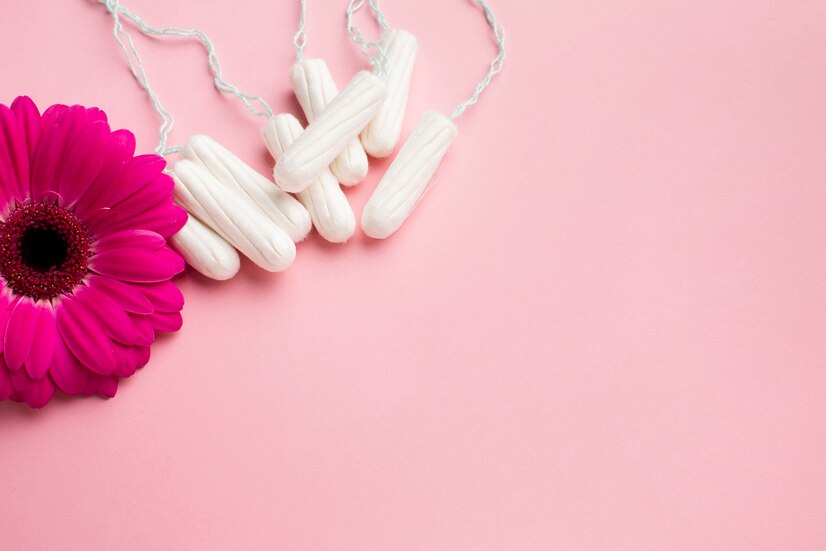
Related products
Among the multiple widely used menstrual hygiene materials are tampons. These are small, portable, and allow you to live an active lifestyle while menstruating. Healthcare professionals advise on changing these menstrual hygiene products on certain frequencies in order to ensure optimum vaginal hygiene. Absorbent materials used for menstruation are recommended to be changed every four to eight hours.
According to scientific study, wearing a tampon overnight is generally safe as long as it does not last more than eight hours. However, leaving a tampon inserted for longer than suggested may increase the risk of Toxic Shock Syndrome (TSS), albeit such occurrences are rare.
What Are Tampons?

Tampons are one important product used widely for maintaining vaginal health on menstruation. They are now gaining more attention as they absorb menstrual fluid internally, since they are made of absorbent materials like cotton and rayon, and are designed to expand inside the vagina when correctly implante.
It is important to keep in mind that when using tampons it is crucial to follow the instructions and guides provided by professionals. Experts recommend changing tampons every 4-6 hours for best health and wellness during menstrual cycles; however, wearing a tampon for up to 8 hours is generally acceptable under specific conditions.
It is also important to handle tampons with cleanness meaning one needs to always wash hands completely when trying to insert and remove the tampons. You can also consider incorporating extra hygiene practices into this regimen, such as wiping front-to-back after urination or bowel movements (to prevent bacteria from spreading to the vagina) and replacing soiled sanitary items as soon as possible.
Can You Wear a Tampon Overnight?
Yes, it is normally safe to use a tampon overnight. However, certain care must be taken to ensure optimal menstrual health.
According to the majority of medical specialists and scientific study findings, the length of wearing a tampon while sleeping should not exceed eight hours. This guideline exists primarily to address the dangers associated with Toxic Shock Syndrome (TSS).
What Is The Risk Of Sleeping With Tampons In?
Sleeping with a tampon inserted overnight raises several health concerns that should be addressed. The most dangerous of these is Toxic Shock Syndrome (TSS), a rare but severe condition. Other secondary concerns include potential pain from prolonged wear, which can cause dryness or irritation when absorbent materials remove vital natural fluids beyond menstrual flow, reducing overall user comfort during the menstrual cycle.
Toxic Shock Syndrome
Toxic shock syndrome (TSS), a rare and sometimes lethal illness, can be brought on by specific bacterial infections. Toxic shock syndrome (TSS) is the most dangerous consequence of leaving a tampon overnight. According to estimates, there are between 0.8 and 3.4 TSS cases for every 100,000 people in the US.
Causes
Toxic shock syndrome is mostly caused by two bacteria: Staphylococcus aureus and Streptococcus pyogenes. These organisms thrive in favourable environments, such as those provided by materials with prolonged absorbency, such as tampons; there, they multiply swiftly and release harmful compounds that enter the bloodstream and seriously impair a person's health.
Symptoms
Symptoms indicating the presence of Toxic Shock Syndrome might include:
- Sudden high fever
- Chills
- Low blood pressure, often causing dizziness or fainting upon standing up quickly from a lying down position
- Vomiting or diarrhea
- In some cases, seizures
These symptoms are quite distinctive and tend to occur suddenly, requiring immediate medical attention.
Menstrual product, including tampons, use essentially raises the dangers because it fosters the growth of bacteria and the production of additional toxins, which enter the bloodstream and can cause major problems if untreated.
Aside from the constraints imposed by TSS, other issues with using a tampon overnight include vaginal dryness and soreness.
Tampons have the potential to absorb not only menstrual flow but also natural fluids designed to soothe irritations; hence, overuse may result in increased discomfort due to increased dryness, making continued use during menstruation uncomfortable despite their intrinsic utility.
Best Practices for Nighttime Menstrual Care

When it comes to using tampons properly at night, timing is everything. Make an effort to:
- Don't leave a new tampon in for longer than eight hours;
- put it in before bed and remove it as soon as you wake up.
It is crucial to choose the appropriate absorbency level. Because higher absorbances require more frequent modifications due to the TSS dangers associated, choose lower absorbencies whenever possible.
Consider other period care products that are appropriate for extended use, such as at night, such as pads or cups:
- Menstrual pads are ideal for nocturnal use because they are simple to use and absorb efficiently, ensuring a good night's sleep.
- Particularly for longer-term demands brought on by periods that extend into the night, menstrual cups are strongly recommended as an alternative to tampons. They invented reusable feminine hygiene products that can easily control flow for up to twelve hours without experiencing the typical issues that other products have.
Takeaway
Tampon use while sleeping is safe for up to eight hours. However, long-term use increases the risk of Toxic Shock Syndrome (TSS), which is associated with high bacterial counts and toxin production in the body. Furthermore, prolonged tampon use may cause discomfort due to dryness or irritation from absorbing natural vaginal secretions in conjunction with menstrual flow.
Optimal practices, including as timely replacement routines and choosing adequate absorbency levels, serve to avoid dangers while boosting comfort during menstruation without jeopardising safety. Adherence to medical advice decreases possible problems over time, especially in longer nighttime wear scenarios; the provision of alternative items such as pads or cups gives users more options, letting them choose the best fit based on their own needs.
Frequently Asked Questions
Is it okay to wear a tampon overnight?
Wearing a tampon overnight is generally considered safe, provided it is not kept in for more than eight hours. Experts recommend inserting a new tampon immediately before bed and removing it as soon as you wake up.
Is it better to sleep with pads or tampons?
When determining whether to use pads or tampons while sleeping, personal comfort and preference are paramount. Pads eliminate the risk of TSS while staying simple to use, making them an obvious choice if one expects to sleep for longer than the widely recommended tampon-wear timeframe of 8 hours.
Can you leave a tampon in for 12 hours?
A wearer should not keep their tampon inserted for more than eight hours; doing so for twelve hours affects menstrual hygiene while steadily increasing the danger of catastrophic health repercussions, the most well-known of which being Toxic Shock Syndrome.
What's the longest you can sleep with a tampon in?
Medical professionals recommend a maximum of eight hours to support a single tampon. Those anticipating longer rest periods may consider switching to other solutions such as pads or menstrual cups, which have longer wear times and so give night-long protection without the need for change-outs during deep sleep.









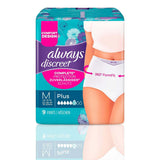

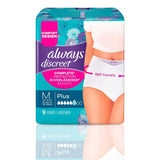

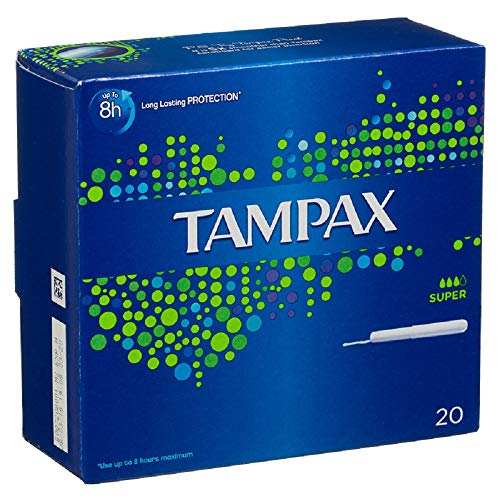
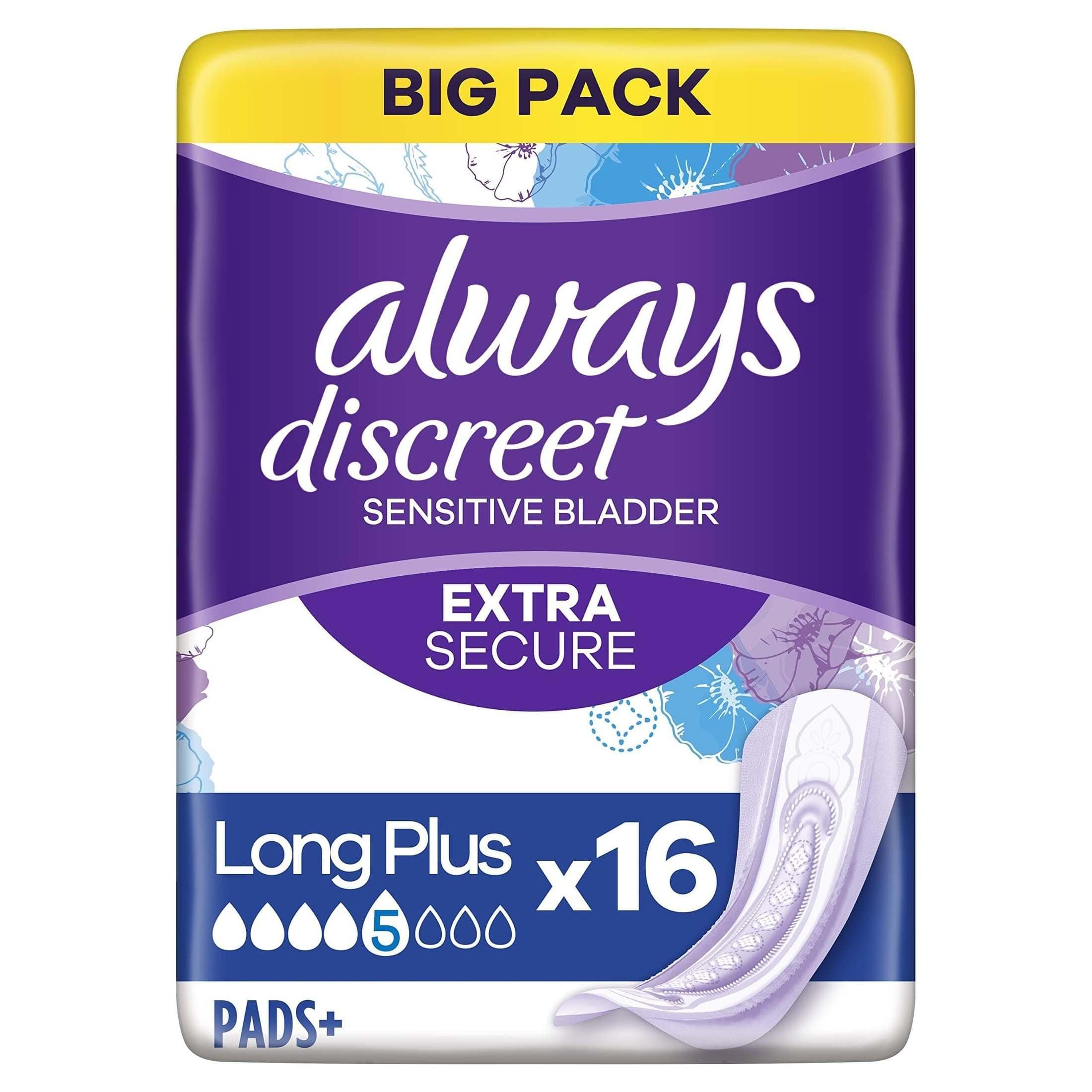
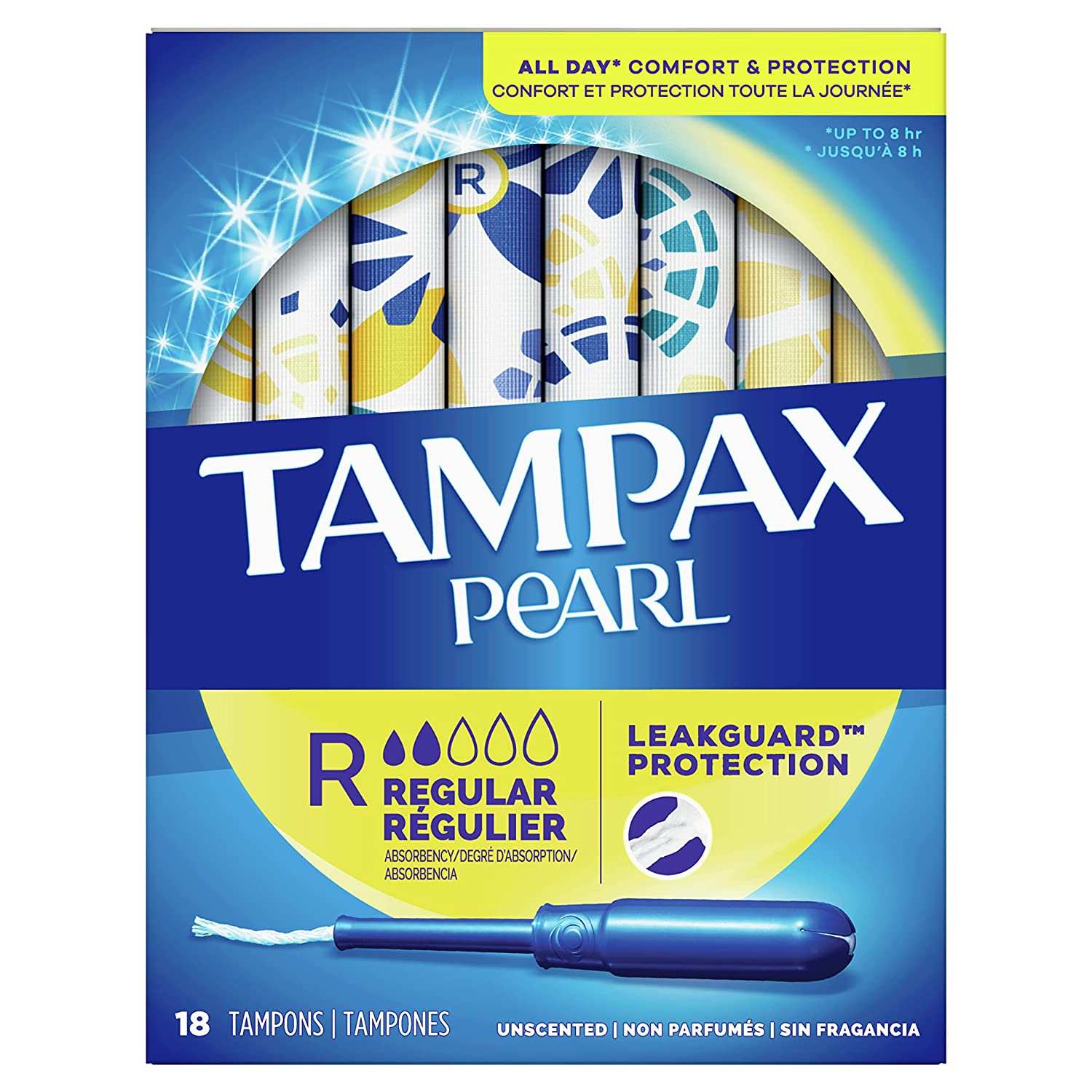


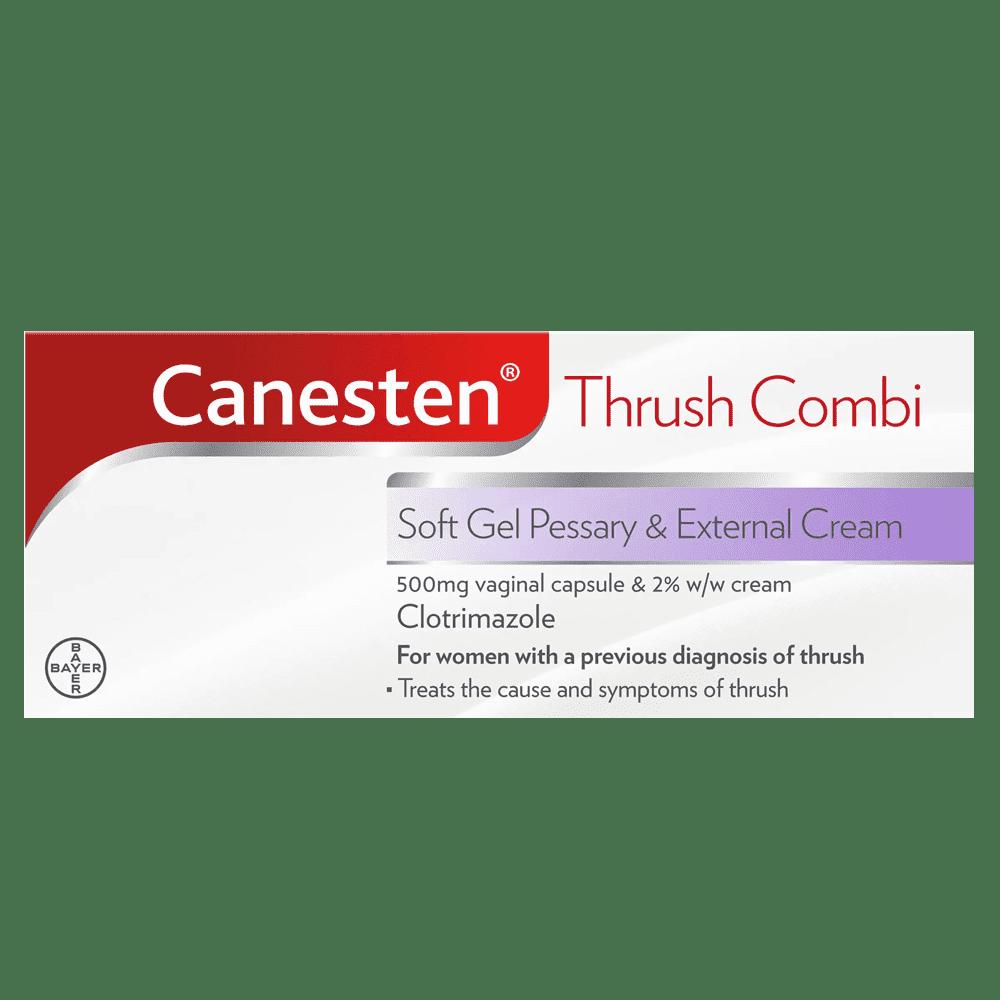











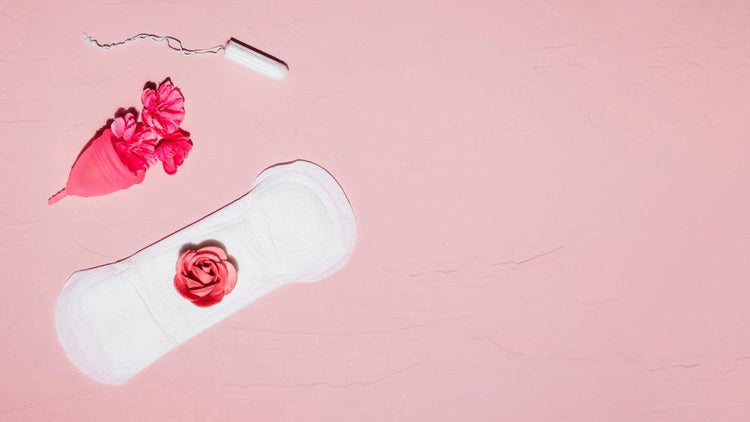



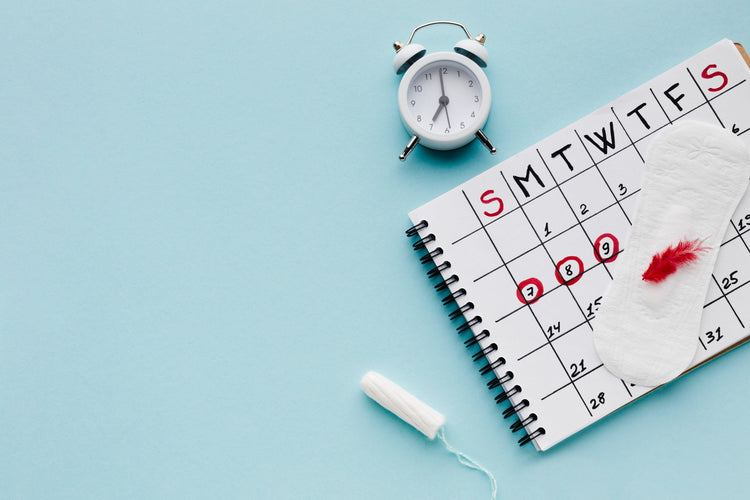

 Rated Excellent by 26,523+ Reviews
Rated Excellent by 26,523+ Reviews